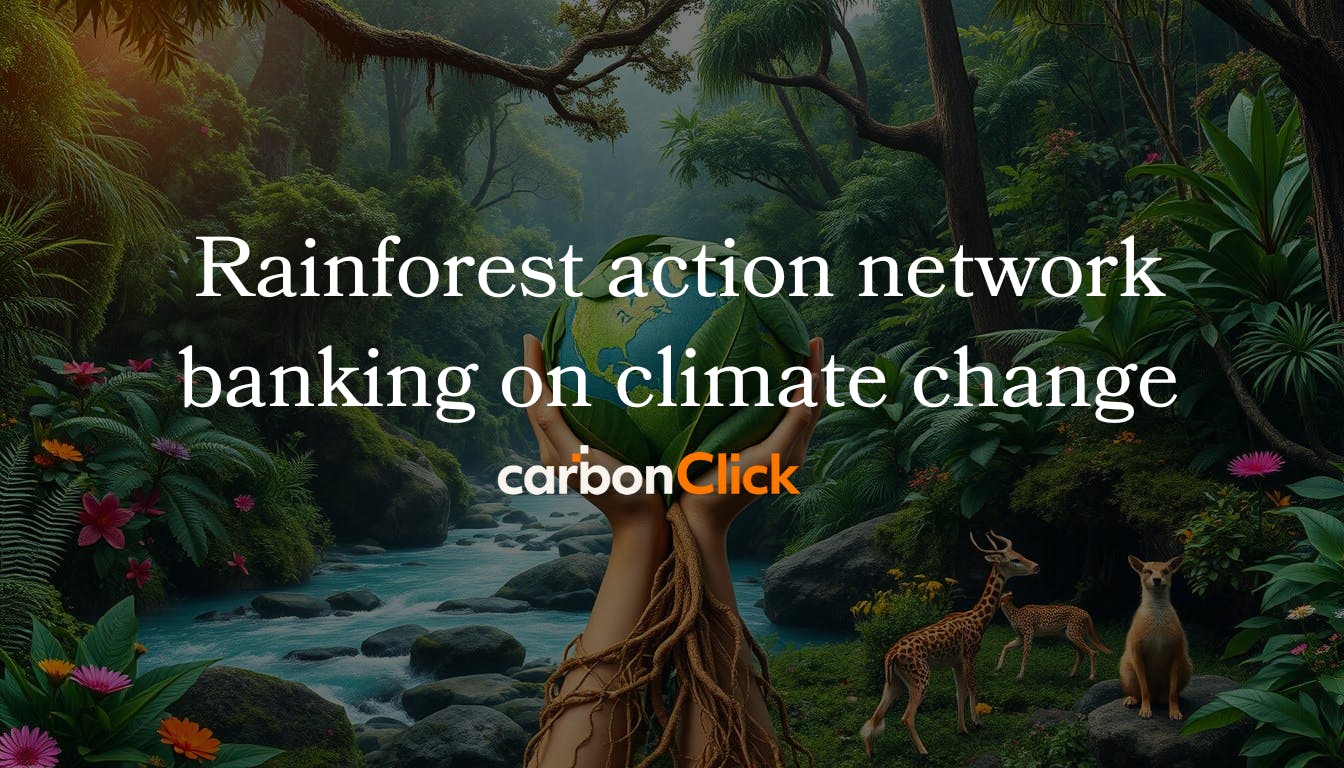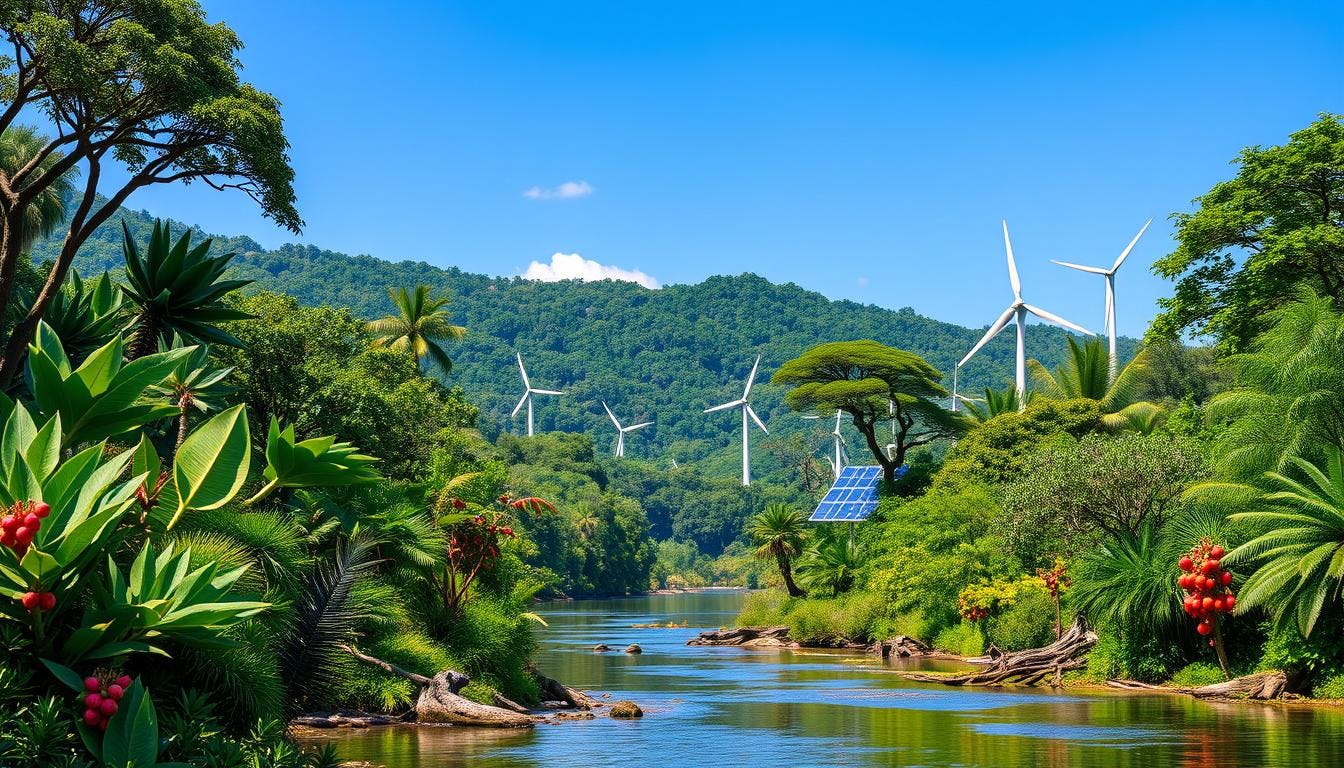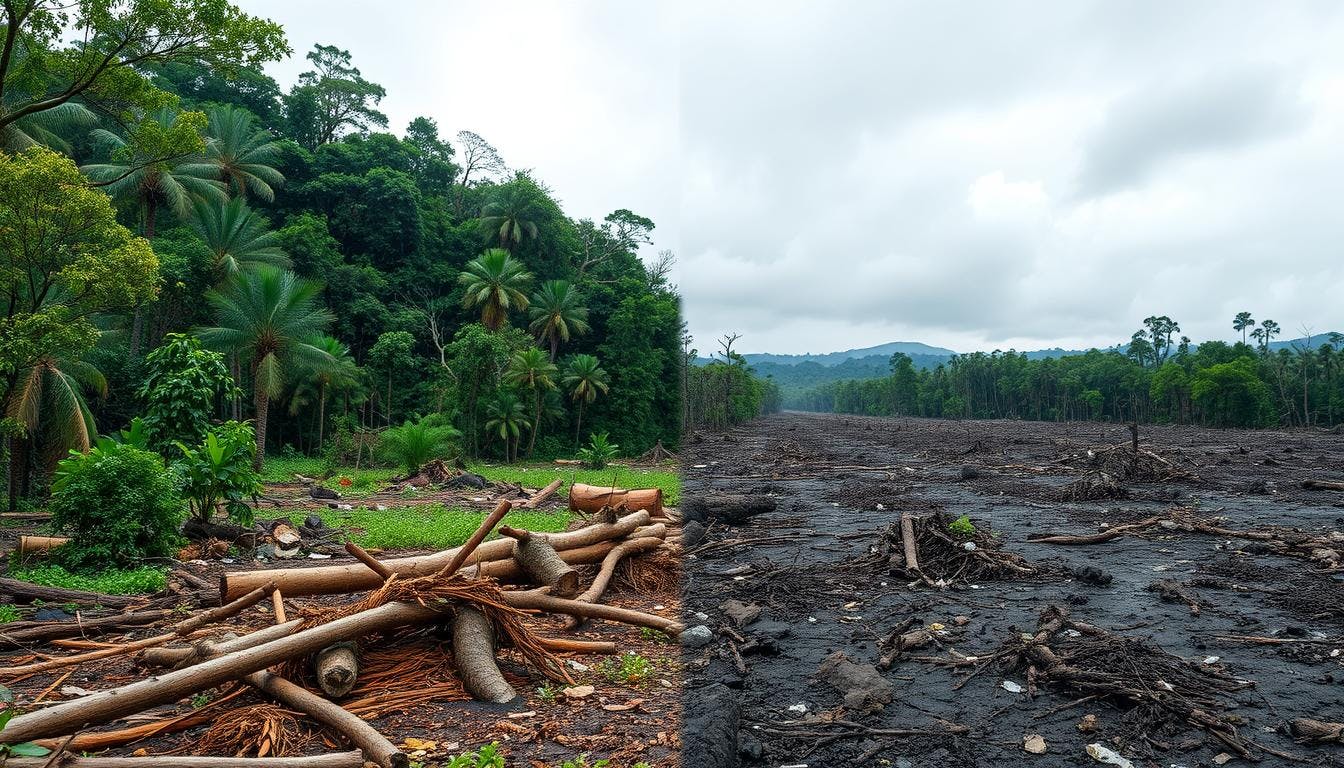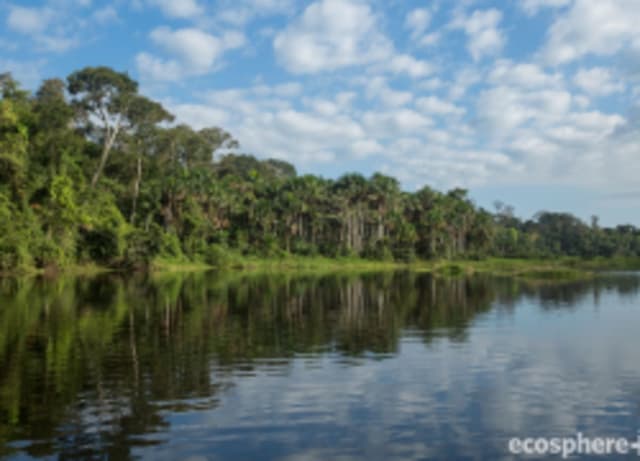Sign up. Be inspired. Get clicking.
Rainforest action network banking on climate change
16 November 2022
The Rainforest Action Network (RAN), a non-profit organisation, focuses on exposing and addressing the impact of major banks on environmental issues. By conducting in-depth research, RAN reveals how financial institutions continue to support fossil fuel industries, contributing to worsening global warming.
For instance, RAN's "Banking on Climate Chaos" report shows that many leading banks finance fossil fuel expansion projects despite their public commitments to sustainability. These projects include fracking, coal mining, and oil exploration in sensitive ecosystems like the Arctic and Amazon. RAN aims to hold banks accountable and advocate for a financial shift away from funding such industries. They work to inspire individuals, communities, and policymakers to demand urgent change in the financial sector.

Understanding the rainforest action network's mission
The Rainforest Action Network (RAN) focus includes ensuring that financial institutions are held accountable for supporting industries linked to deforestation and fossil fuel expansion. By producing well-researched reports, RAN highlights the role of major banks in funding environmentally harmful activities, such as coal mining and oil drilling, particularly in areas like the Amazon, Southeast Asia, and Africa.
A significant aspect of RAN’s work is partnering with Indigenous communities to protect land and water resources while advocating for their rights, including opposition to projects like pipelines that encroach on sacred lands. The organisation uses grassroots activism, collaborations, and policy interventions to create tangible change while spotlighting the harmful practices of corporations and banks.

The role of banking in climate crisis
The financial sector has a significant impact on the environment, with banks playing a major role through their loans and investments. Unfortunately, many banks continue to finance fossil fuel companies, which accelerates environmental damage and contributes to global warming.
Divesting from fossil fuels has emerged as a critical strategy for encouraging a transition to cleaner energy solutions. By withdrawing support from fossil fuel projects and redirecting investments, financial institutions can influence positive change. However, this process is complex, as banks face pressure from investors and industry stakeholders to maintain their involvement in fossil fuel financing. It often requires sustained efforts from advocacy groups, policymakers, and the public to prompt meaningful change.
Sustainable finance offers banks an opportunity to support projects that align with renewable energy development and environmental stewardship. By prioritising responsible lending and investing in emerging clean energy technologies, the financial sector can drive transformative change and help address the pressing challenges posed by fossil fuel dependency.
Prominent initiatives by rainforest action network
The Rainforest Action Network has successfully used public pressure to influence the banking sector's environmental policies. For example, its "Citigroup: Destroying Rainforests, Destroying Communities" initiative highlighted the bank’s financing of projects contributing to deforestation in the Amazon. This led Citigroup to adopt stricter environmental policies, including commitments to avoid funding activities that significantly harm tropical forests.
RAN has also focused on Bank of America through its work on deforestation and transparency in financing. Their sustained advocacy helped encourage the bank to improve its environmental frameworks and disclose more information about its lending practices. These efforts demonstrate RAN’s ability to hold financial institutions accountable and drive reforms.

Engaging with communities
RAN places significant emphasis on grassroots engagement, working closely with local communities and indigenous peoples who are recognised as vital stewards of natural ecosystems. RAN partners with these groups to amplify their voices and integrate their rights and knowledge into its initiatives. Indigenous communities have been shown to manage their lands effectively, safeguarding biodiversity and preventing deforestation while contributing to global efforts to reduce environmental harm.
RAN’s approach involves building strong partnerships with local environmental groups and grassroots movements, tailoring strategies to meet specific regional needs. This ensures that initiatives are practical and resonate with the communities they aim to support.
Through these collaborations, RAN highlights the importance of empowering those directly affected by environmental challenges to lead the charge for sustainable solutions.
This model of community engagement reflects RAN's commitment to fostering ecological stewardship by centring the perspectives and leadership of indigenous and local communities


The importance of corporate accountability
Corporations have a significant role in addressing climate challenges as major contributors to greenhouse gas emissions. The Rainforest Action Network (RAN) actively works to hold businesses accountable, particularly in the context of their environmental impacts and fossil fuel investments. RAN emphasises corporate responsibility by urging transparency and a shift towards sustainable investment practices. This includes encouraging companies to halt funding for projects that drive deforestation or contribute to climate risks.
RAN’s efforts have demonstrated how public pressure and targeted action can lead to meaningful changes within large corporations, such as improved policies on deforestation and reduced financing of fossil fuel expansion. Their focus on accountability is pivotal in creating pathways for businesses to reduce environmental harm and align with goals for a more sustainable future.
Strategies for advocacy and change
The Rainforest Action Network is highly active in targeting the financial sector’s role in environmental destruction, particularly through research and initiatives designed to influence banking practices. Their research delves into how major banks fund projects that harm ecosystems, like those linked to fossil fuel extraction. This research is crucial for highlighting the risks associated with such investments and drawing attention to the negative consequences on the planet's future.
RAN also uses media to amplify these issues, telling stories and using visual tools to get public support, which in turn pressures banks to reconsider their investments in harmful industries.
Their direct actions, including protests, work in tandem with these efforts, providing a powerful combination of research, media outreach, and activism to drive change. This integrated approach has led to significant shifts, including banks reconsidering their fossil fuel investments.


The future of banking and climate action
The RAN has long advocated for a shift in banking practices to address environmental challenges, especially climate change. They promote the concept of sustainable finance, encouraging banks to direct investments away from fossil fuels and towards renewable energy and other initiatives that contribute to environmental health. As a key player in pushing for accountability within the banking sector, RAN calls on financial institutions to operate transparently, considering the environmental and social impacts of their investments. This approach is essential for building a stronger, more sustainable future.
The banking sector plays a significant role in funding both harmful and positive projects. By leveraging sustainable finance practices, RAN believes that banks can significantly influence the transition to a low-carbon economy, ensuring they do not support projects that contribute to deforestation or the further exploitation of fossil fuels. Through their advocacy, RAN highlights the need for banks to engage responsibly with local communities and adopt policies that prioritise sustainability. This vision aligns with the broader goal of creating a financial system that supports long-term ecological stability.
How to get involved
The Rainforest Action Network efforts focus on pushing banks to divest from fossil fuels and redirect investments towards renewable energy, sustainable industries, and practices that avoid harm to the environment and vulnerable communities. RAN highlights the links between banking practices and climate risks, encouraging transparency and accountability from financial institutions.
In terms of taking action, RAN supports both grassroots movements and the public, inviting individuals to get involved by choosing banks that align with environmental and human rights goals. This support helps bolster RAN's initiatives, pushing for a more sustainable financial system. Additionally, volunteering for local events or protests, or contributing time, skills, or financial support, can make a significant impact. RAN emphasizes that everyone can contribute to their cause, whether individually or through business involvement, to promote a cleaner future.

Conclusion
The Rainforest Action Network (RAN) plays an essential role in holding the banking sector accountable for its impact on the environment. They highlight the significant funding banks provide to fossil fuel projects, a practice that contributes to the ongoing environmental degradation. This work is crucial for a sustainable future, particularly as we face the harsh effects of climate change.
RAN’s efforts are vital in reducing climate risks, as they target banks that fund activities harmful to the environment. Their actions help promote a fairer, more resilient economy by encouraging better practices within the banking industry. It is essential for individuals, communities, and leaders to support RAN's mission to create lasting change in the banking sector, ultimately securing a better future for all.
17 South Street
Auckland 1010
New Zealand
info@carbonclick.com- -
- X
Subscribe now to stay up to date with CarbonClick, carbon offsetting and climate action.
By signing up you agree to our Privacy Policy.


